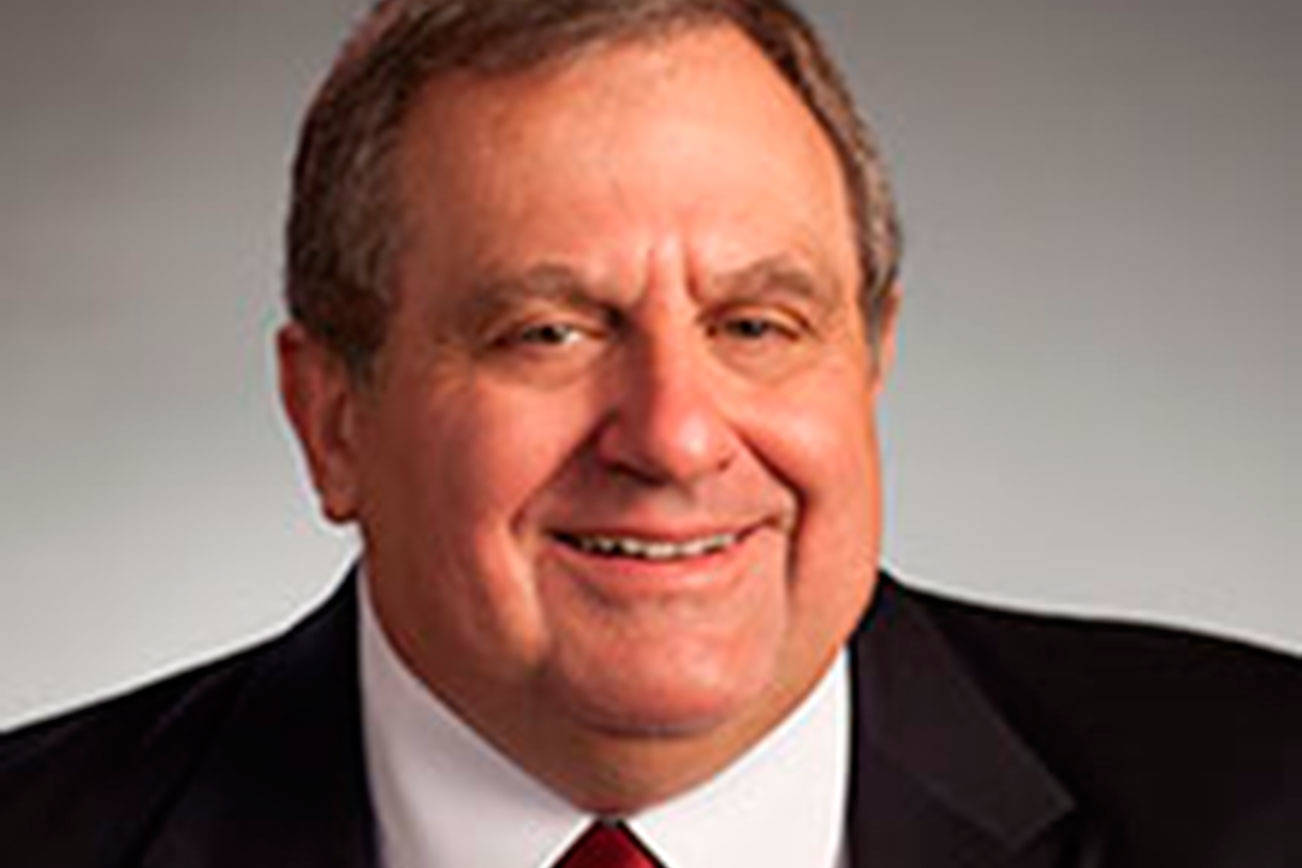It’s no secret that airlines and airplane manufacturers have been clobbered by the coronavirus pandemic.
Particularly hard hit are international flights traditionally flown by jumbo jets. Borders are closed and people aren’t flying.
There is a small silver lining. Just as restaurants started take-out service to survive, airlines are filling planes with freight.
U.S. airlines are reeling from the pandemic and have lost more than $20 billion combined in the last two quarters. Even with the surge in air freight rates, cargo revenues aren’t enough to make up for those losses on their own, especially with capacity still limited, CNBC’s Leslie Joseph reported earlier this month: “However, it has become a more important revenue source with many passengers still forgoing flights.”
Before the coronavirus, decades of a long aviation boom spawned a network of nearly 50,000 air routes that traversed the world. In less than a year, the pandemic wiped almost a third of them off the map, according to Angus Whitley of Traveler.com.
In late January, 47,756 operational routes criss-crossed the world — more than half of them in the U.S., Western Europe and Northeast Asia, according to OAG Aviation Worldwide. By Nov. 2, there were just 33,416 routes on global schedules.
For shippers, the shortage of passenger flights has a corresponding impact on air cargo. About half of the world’s air freight is flown in passenger planes’ bellies. Even though airlines continued to rehabilitate cargo business in September, the air travel recovery from the coronavirus pandemic is stalling, wrote Eric Kulisch, Air Cargo Editor. If airplanes are grounded, so is cargo. It is that simple.
Air cargo sector has retained 92 percent of its business while almost 90 percent of passenger demand has evaporated because of travel fears and government restrictions.
Further improvement in cargo volumes could be capped by the ongoing shortage in passenger flights, even though the sliver of good news is Cathay Pacific is resuming 777 flights between Hong Kong and New Zealand starting on Nov. 27.
Many carriers started taking their jumbo jets out of service before the pandemic. They parked 747s and A-380s. That loss of cargo capacity opened up business for companies such as Cargolux, the Luxembourg-based cargo operator, which has 30 of the 747s. Cargolux is hoping that Boeing will make a freighter version of its 777X — the new composite wing aircraft.
Atlas Air Worldwide Holdings Inc. just announced a third-quarter 2020 net income of $74.1 million, a stark contrast to United ($2.4 billion) and Delta ($2.1 billion) losses for the second quarter.
Atlas leases 737 and 767 aircraft to Amazon, which is rapidly expanding its fleet and plans to have 80 freighters flying by June 2021. Analysts believe Amazon’s air fleet, combined with its massive network of truck trailers and vans, could one day position it to rival UPS and FedEx.
Amazon’s $1.5 billion air hub in northern Kentucky could help give it an edge. The hub, scheduled to open in 2021, is designed to have capacity for 100 Amazon-branded planes and handle an estimated 200 flights per day, CNBC’s Annie Palmer reported.
While some analysts project it may take up to five years before passenger flights return to pre-pandemic levels, air freight is steadily growing in importance.
Korean Air forecasts high demand for traditional air cargo such as semiconductors, auto parts and e-commerce supplies and also believes it will benefit from urgent medical supply demands associated with Covid-19. Its executives believe the lack of trans-oceanic container ships will open even more opportunities for air carriers.
Hopefully, the increase in air freight will led to new airplane orders for Boeing. That would be a shot of good news for Washington.
–
Don C. Brunell is a business analyst, writer and columnist. He recently retired as president of the Association of Washington Business, the state’s oldest and largest business organization, and now lives in Vancouver. He can be contacted at thebrunells@msn.com.
Talk to us
Please share your story tips by emailing editor@kentreporter.com.
To share your opinion for publication, submit a letter through our website https://www.kentreporter.com/submit-letter/. Include your name, address and daytime phone number. (We’ll only publish your name and hometown.) Please keep letters to 300 words or less.

